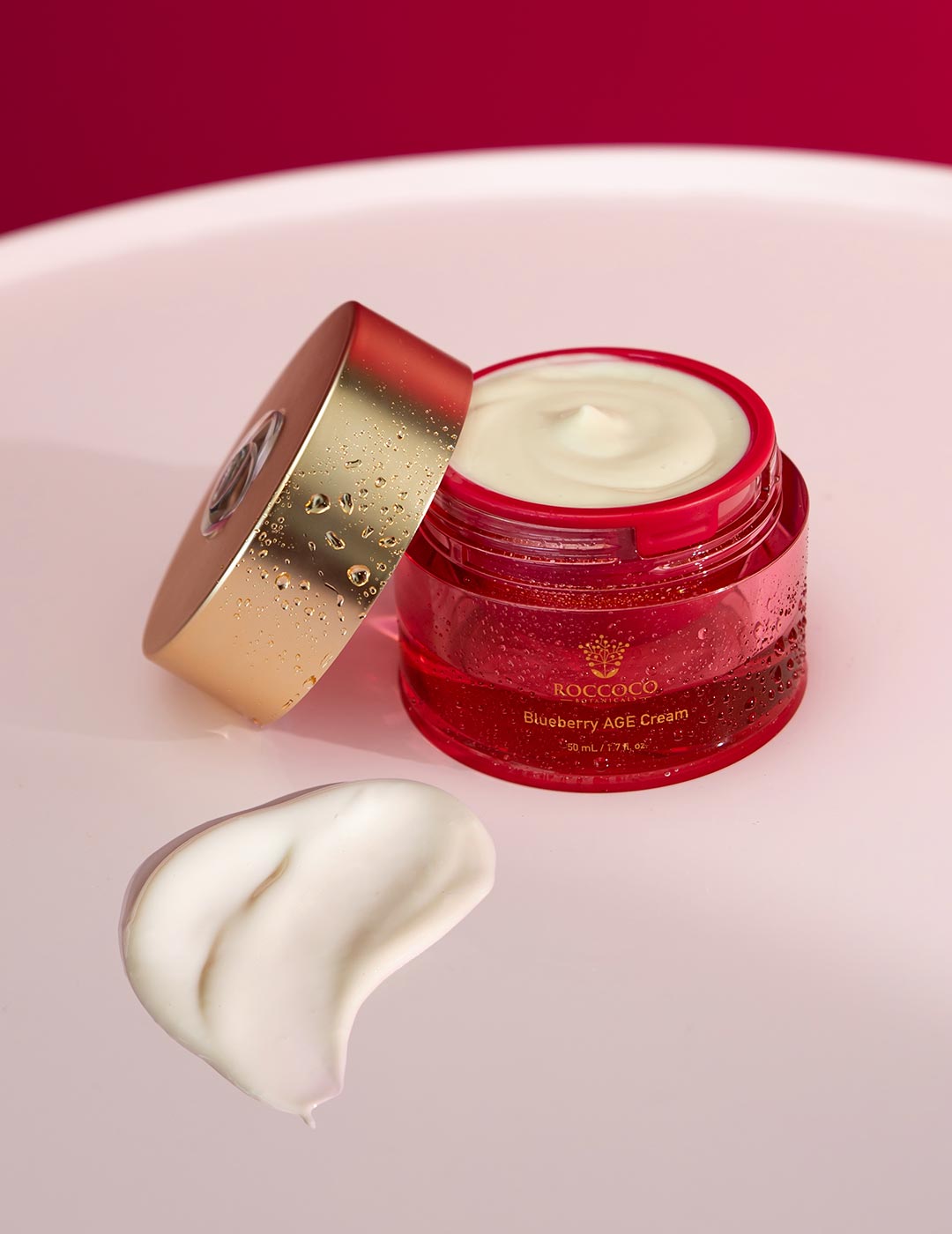Winter can be harsh on your skin, leaving it dry, dull, and irritated.
That’s why we are sharing our comprehensive guide to skin care tips for winter.
Whether you're a skincare enthusiast or someone just starting their skincare journey, these tips will help you maintain a healthy, glowing complexion all season long.
Understanding the Effects of Winter on the Skin
Winter weather can be tough on your skin. The cold, dry air can strip your skin of its natural moisture, leaving it feeling tight, dry, and itchy.
This can lead to visible signs of aging such as fine lines and wrinkles.
Furthermore, the lack of sunlight can leave your skin looking dull and lifeless. Luckily, understanding these effects can help us counteract them with the right skincare routine.
Aside from the cold, dry air, indoor heating can also wreak havoc on your skin. It can cause dehydration, leading to dryness and flaking.

This is why it's crucial to give your skin extra care and attention during the winter months.
By adjusting your skincare routine to suit the season, you can keep your skin healthy and glowing despite the harsh weather conditions.
However, it's not just about what you put on your skin. The state of your skin is also a reflection of your overall health.
A healthy diet, regular exercise, and adequate sleep can do wonders for your skin. In the next sections, we will delve deeper into these aspects of winter skincare.
Importance of Moisturizing During Winter
If there's one thing you should never skip in your winter skincare routine, it's moisturizing. As the temperature drops, so does the moisture level in your skin.
This is why it's essential to apply a good moisturizer that can replenish your skin's moisture and prevent dryness.
When choosing a moisturizer, look for ingredients like hyaluronic acid and ceramides. Hyaluronic acid can hold up to 1000 times its weight in water, making it an excellent ingredient for hydration.
On the other hand, ceramides can help strengthen your skin's barrier and retain moisture. Remember to moisturize your skin right after cleansing when it's still slightly damp to lock in maximum moisture.
Don't forget about your lips, hands, and feet, which can become extremely dry during winter. Use a lip balm to prevent chapped lips, and apply a hand cream and foot cream regularly to keep them soft and smooth.
Remember, moisturizing is not just a nighttime ritual; it should be done in the morning as well.
Choosing the Right Skincare Products for Winter
When it comes to winter skincare, one size does not fit all. The products you use in the summer might not work as well in the winter.
This is why it's important to adjust your skincare routine according to the season.
In general, you should opt for more hydrating and nourishing products during the winter.
For instance, you might want to switch from a foaming cleanser to a cream or oil-based cleanser that won't strip your skin of its natural oils.
Similarly, you might want to upgrade your lightweight summer moisturizer to a more heavy-duty cream or lotion.

Also, don't underestimate the power of a good serum. Hydrating serums with ingredients like hyaluronic acid, niacinamide, and vitamin E can provide an extra boost of hydration and keep your skin glowing.
Lastly, don't forget to use a sunscreen even in the winter. The sun's harmful UV rays can still damage your skin, even on cloudy days.
Protecting the Skin from Harsh Weather Conditions
Protecting your skin from the elements is crucial during winter. Cold winds, snow, and rain can all damage your skin, leaving it dry, chapped, and irritated.
That’s why it’s so important to protect your skin from these harsh conditions.
The first step is to wear appropriate clothing. Bundle up in layers to keep warm, and make sure to cover exposed skin as much as possible.
Don't forget your gloves and a scarf to protect your hands and neck. Also, try to avoid going outside when the weather is particularly harsh.
At home, consider using a humidifier to add moisture to the air. This can help prevent your skin from drying out due to indoor heating.
Also, try to keep the temperature at a moderate level, as too much heat can also dry out your skin.
Nourishing the Skin from Within Through Diet and Hydration
While topical skincare products are important, it's also vital to nourish your skin from within. This means eating a balanced diet rich in vitamins, minerals, and antioxidants.
Foods like fruits, vegetables, nuts, and fish can provide your skin with the nutrients it needs to stay healthy and youthful.

In addition, staying hydrated is crucial for maintaining healthy skin. Water helps flush out toxins from your body, and it also keeps your skin plump and hydrated.
Aim to drink at least eight glasses of water a day. If you find plain water boring, you can also drink herbal teas or infuse your water with fruits for added flavor.
Incorporating Exfoliation into Your Winter Skincare Routine
Exfoliation is a crucial step in any skincare routine, and it's especially important during winter.
By removing the dead skin cells on the surface of your skin, exfoliation allows your skincare products to penetrate more deeply and work more effectively.
However, it's important to be gentle with your skin during winter. Instead of using harsh scrubs, opt for a gentle chemical exfoliant such as an AHA or BHA.
These can help dissolve the bonds between dead skin cells without causing irritation.
Remember, over-exfoliation can lead to dryness and irritation, so it's best to limit this to once or twice a week.
Also, always moisturize your skin thoroughly after exfoliating to replenish any lost moisture.
Special Care for Sensitive and Dry Skin During Winter
If you have sensitive or dry skin, winter can be particularly challenging.
Firstly, it's important to choose your skincare products carefully. Look for products that are free from harsh ingredients like synthetic fragrances, and sulfates.
Instead, opt for products with soothing ingredients, instead of harsh or stripping onesl.
Next, consider adding a facial oil to your routine. Oils like rosehip oil, jojoba oil, and argan oil can provide an extra layer of protection and hydration for your skin.
Finally, avoid hot showers and baths, as they can strip your skin of its natural oils.
Instead, opt for lukewarm water, and always apply a moisturizer immediately after bathing to lock in moisture.
Winter skincare is all about prevention and protection.
By understanding how winter affects your skin and adjusting your skincare routine accordingly, you can maintain a healthy, glowing complexion all season long.
Remember to moisturize regularly, protect your skin from the elements, and nourish your skin from within through a balanced diet and adequate hydration.

Don't forget to exfoliate gently and give extra care to sensitive or dry skin.
With these tips, you can say goodbye to dry, dull winter skin, and hello to a radiant, healthy complexion.
Read more

Rosacea is a chronic skin condition that affects millions of people worldwide. Characterized by redness, visible blood vessels, and sometimes acne-like bumps, rosacea primarily affects the face and...

Today we’re talking about the breakthrough solution for tackling biofilm, eliminating demodex mites, and restoring essential fatty acids – yeast ferment extract.



